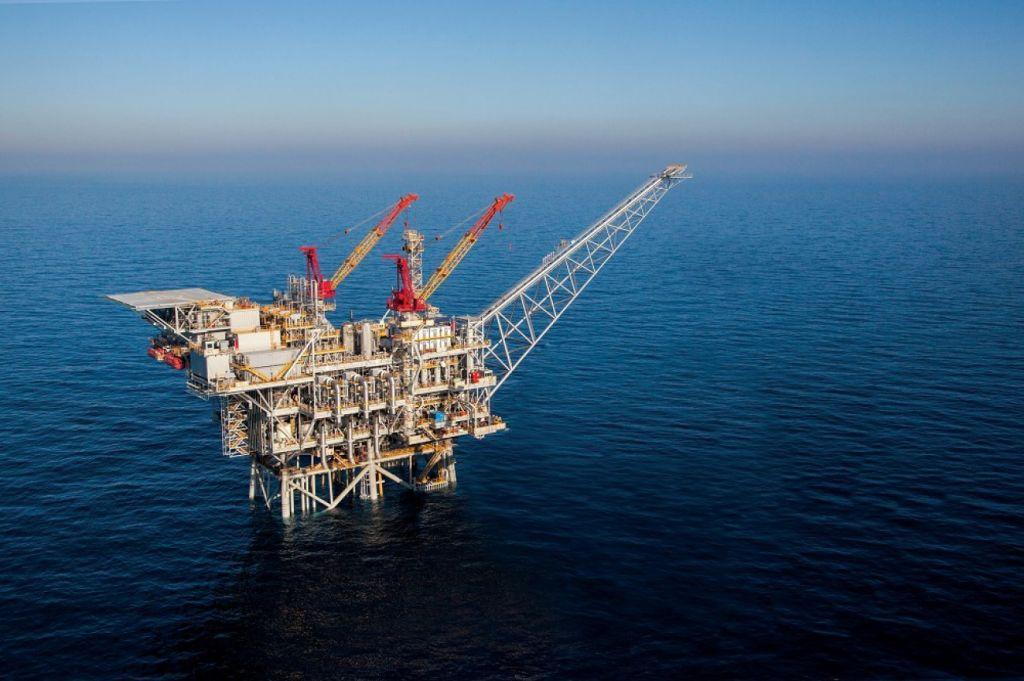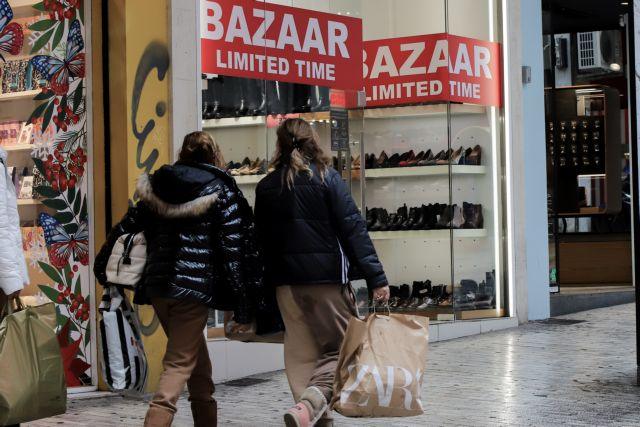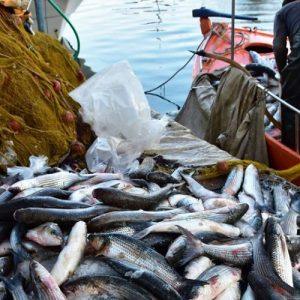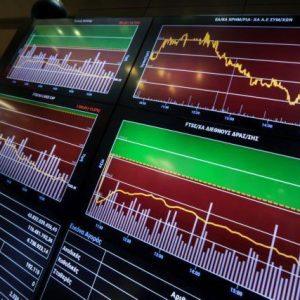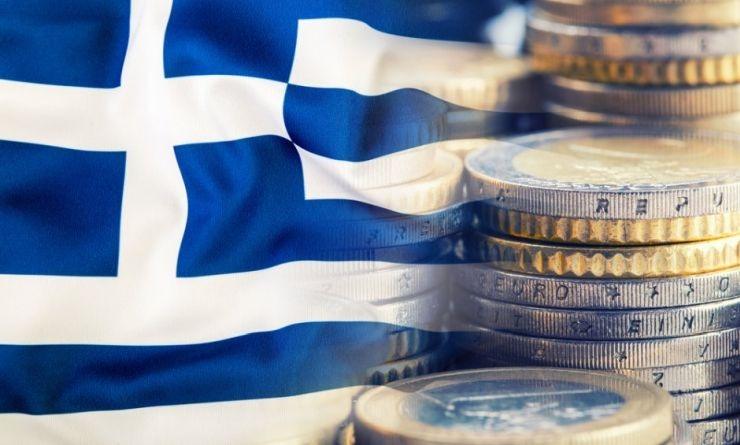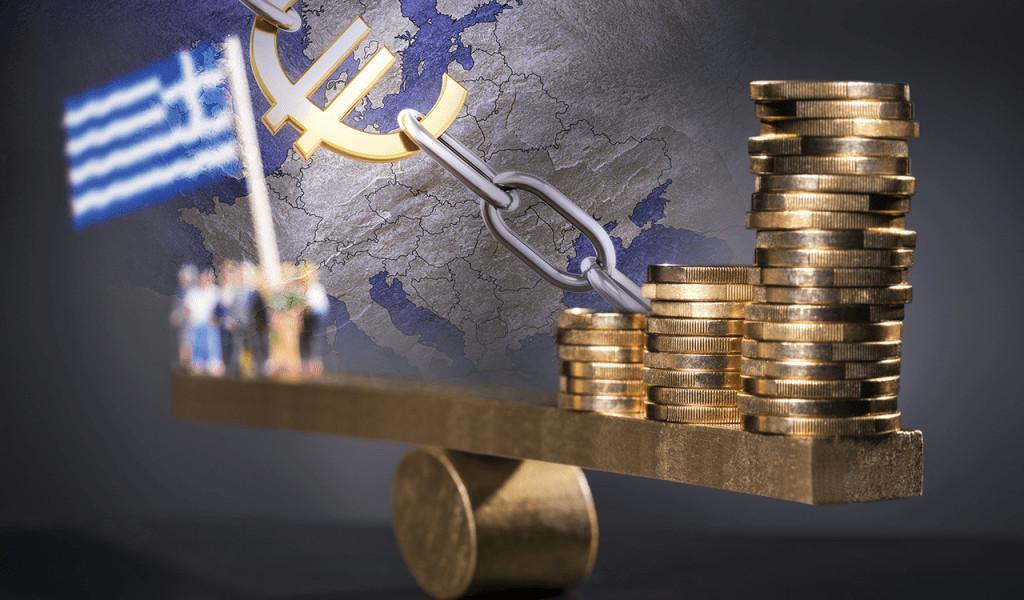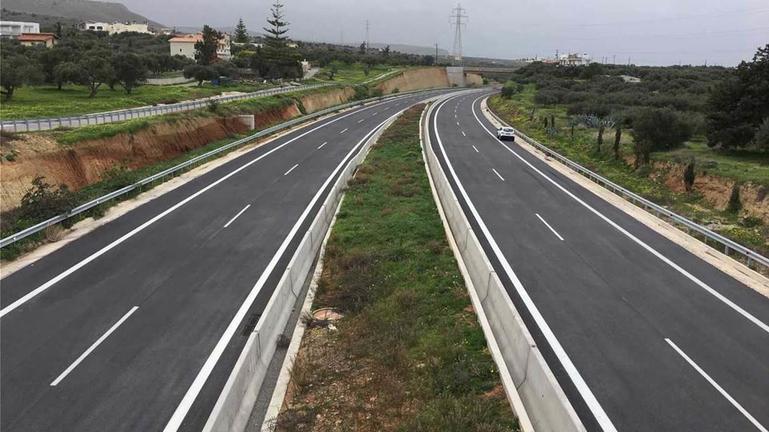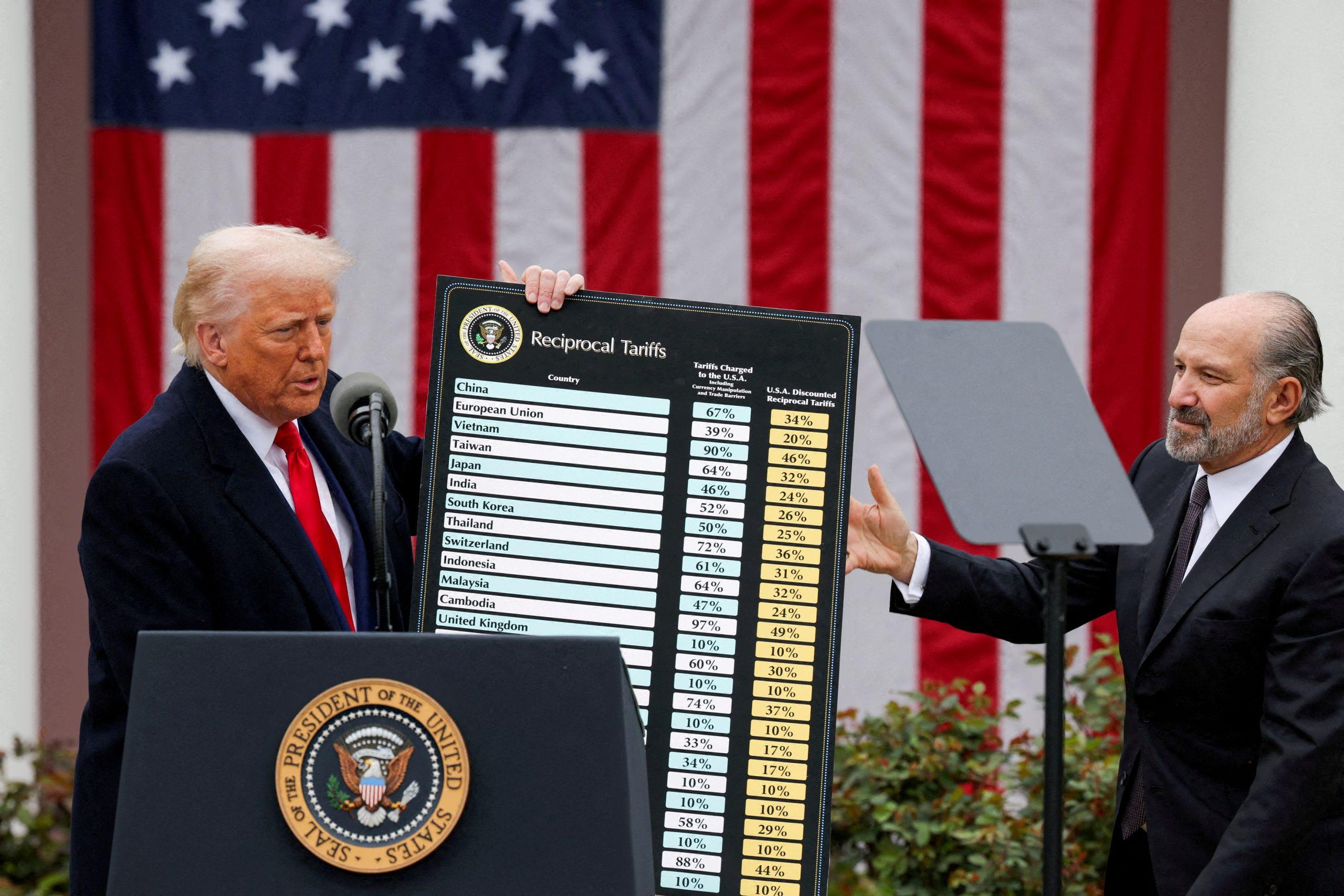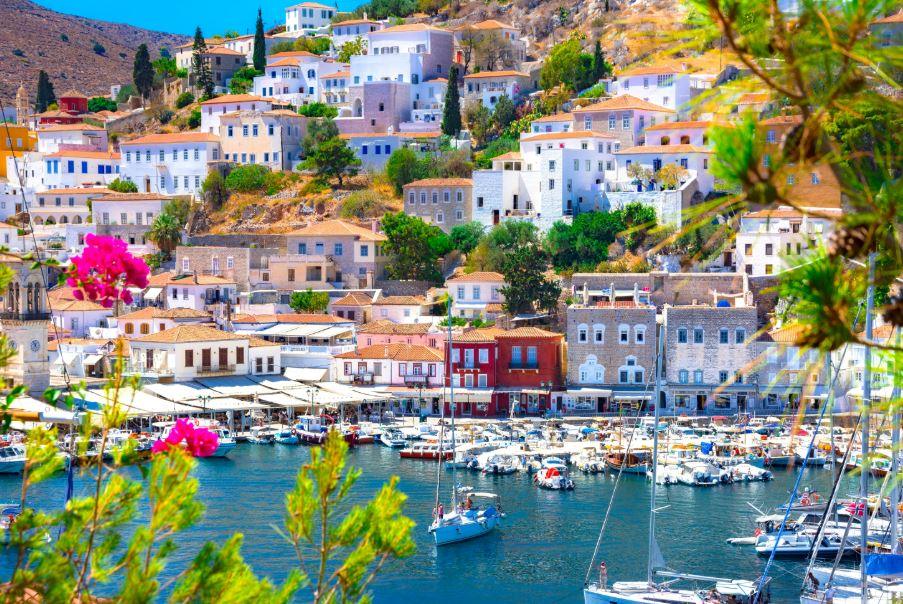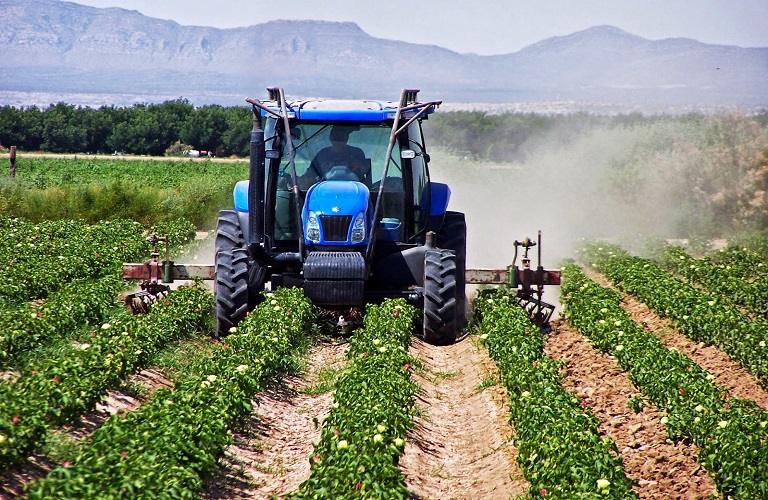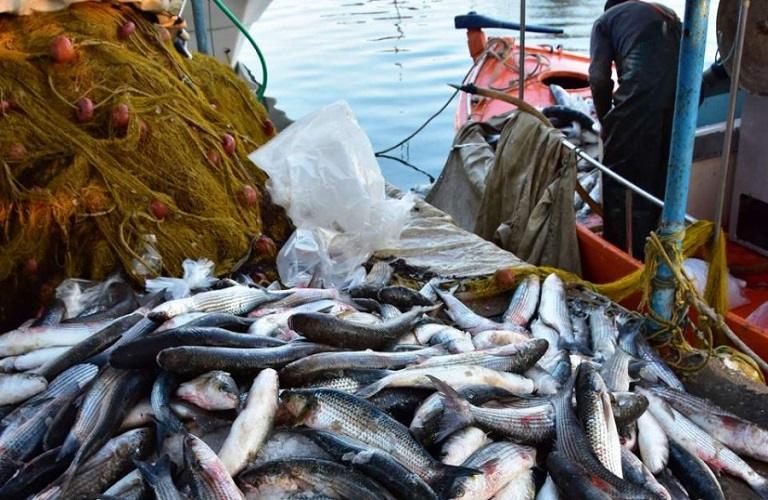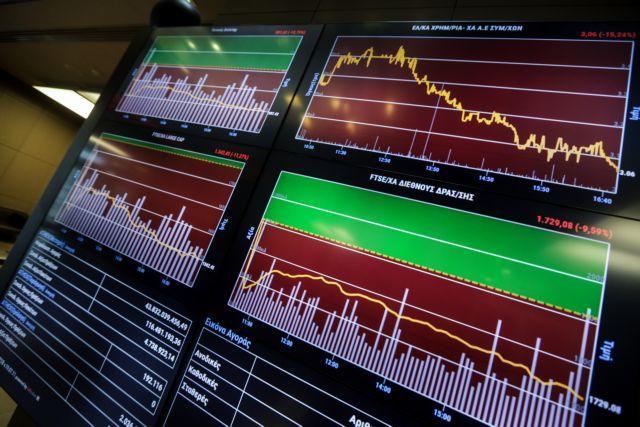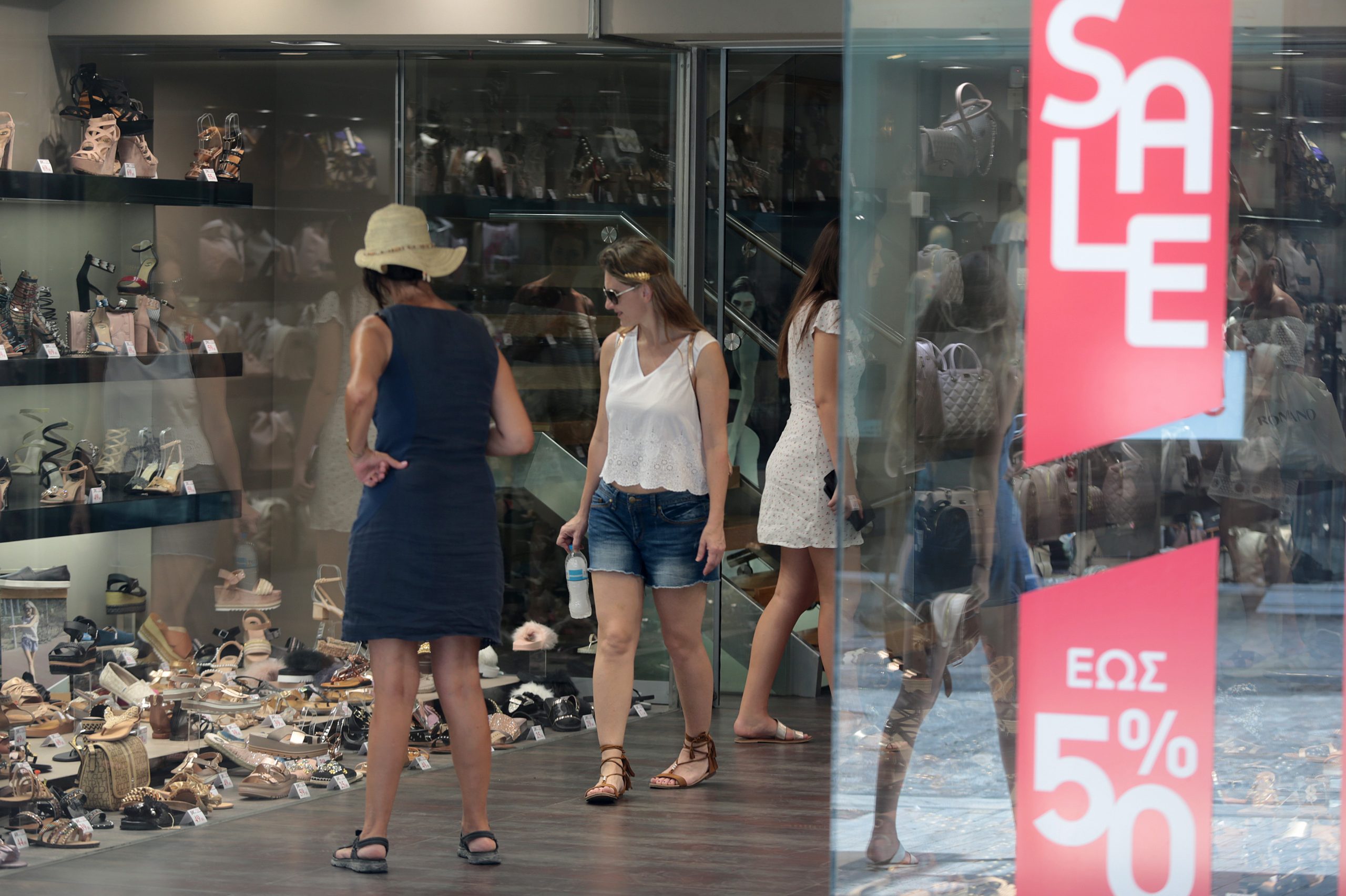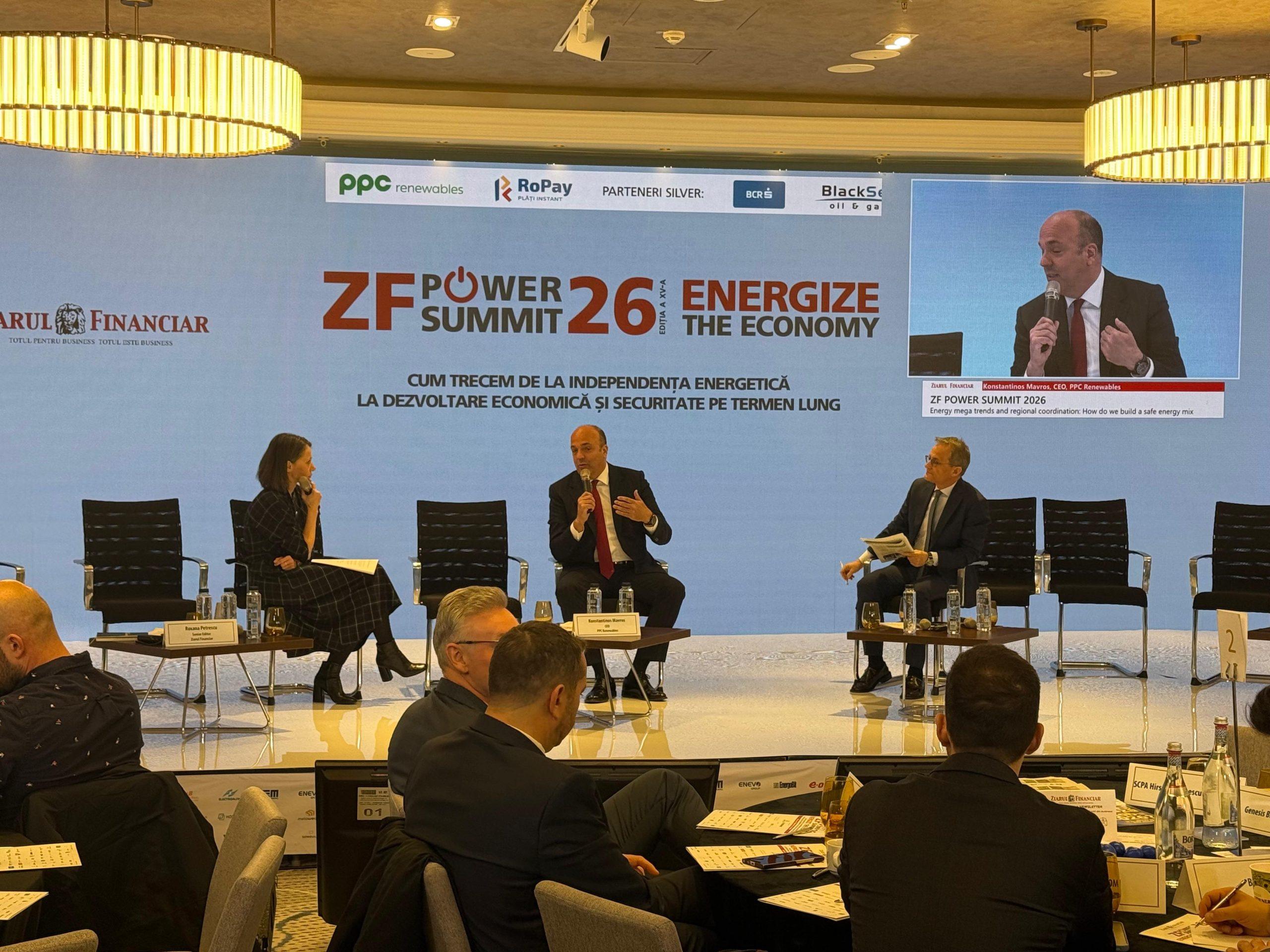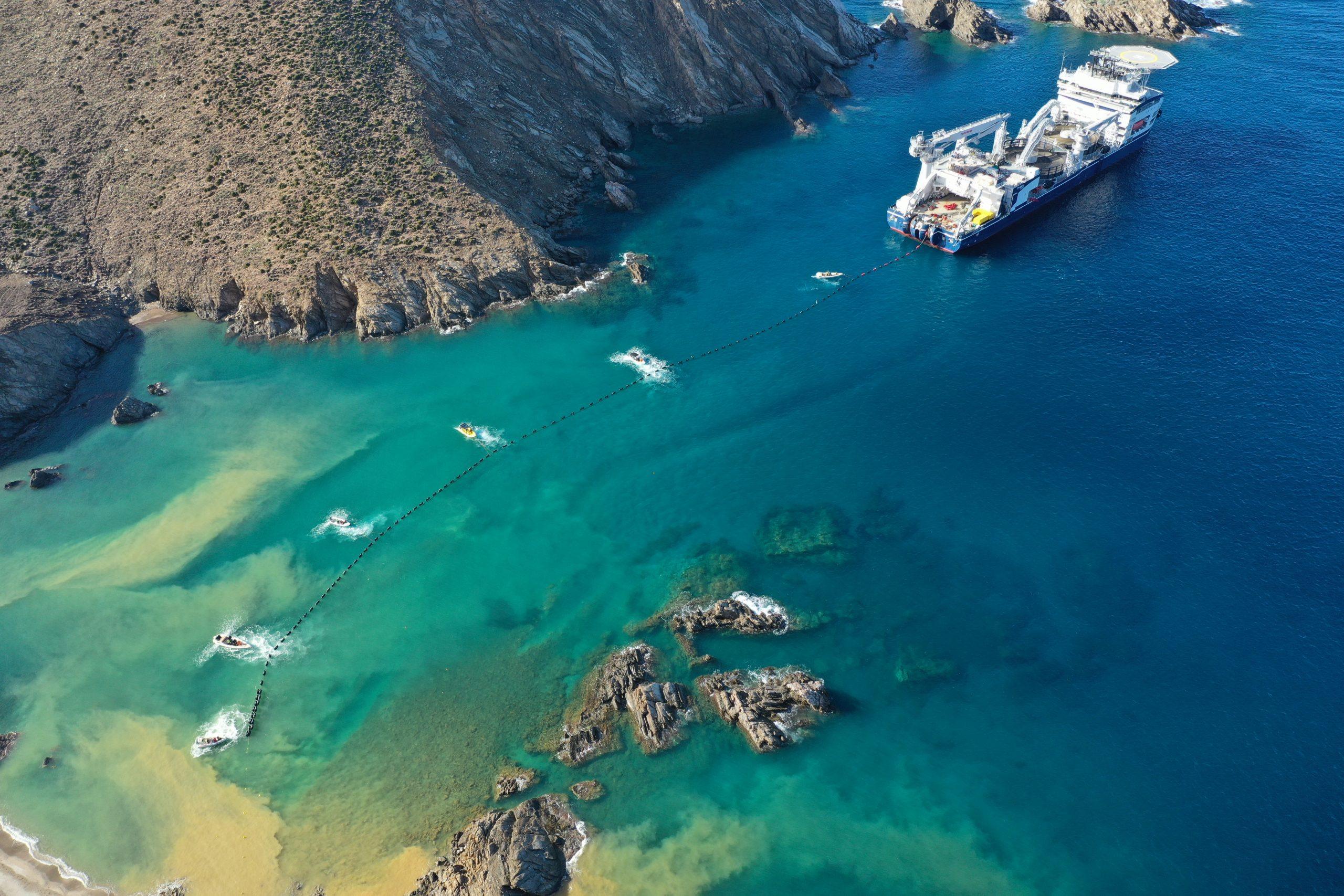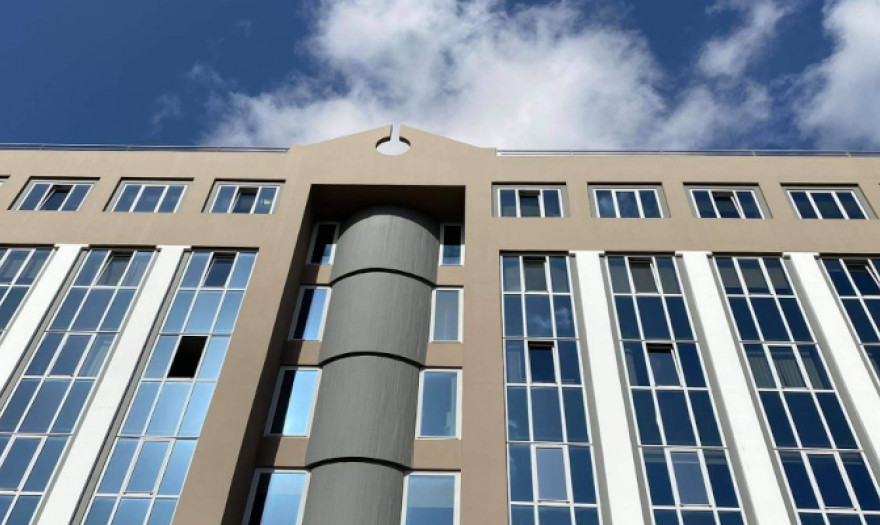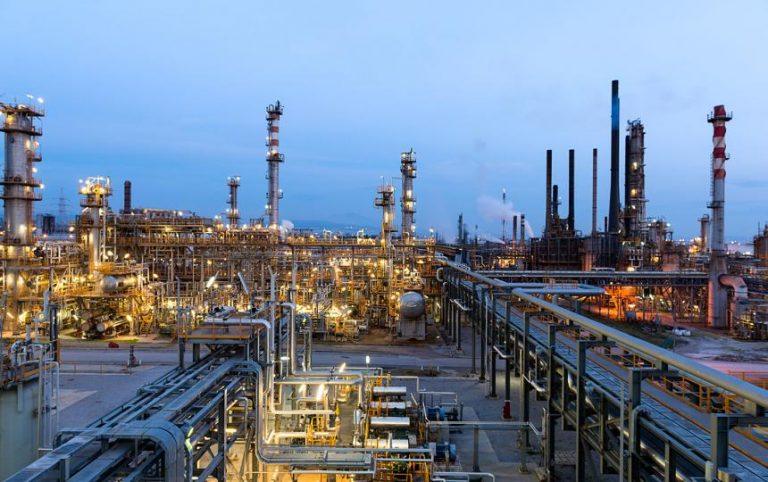Greece has taken a significant step toward marine conservation by launching two new National Marine Parks — one in the Ionian Sea and one in the Southern Cyclades — outlining specific rules on what activities will be allowed or restricted within their boundaries.
The proposed regulations were presented in two Special Environmental Studies now open to public consultation. Feedback from citizens, scientists, local authorities, and environmental organizations will inform the final framework, which will shape Presidential Decrees and management plans for the parks.
Once established, the parks will increase the protected share of Greece’s territorial waters to 36.2%, provided no geopolitical complications arise, particularly with neighboring Turkey, which has already voiced opposition.
Ban on Hydrocarbon Extraction Near Park Zones
The Ionian Sea Marine Park covers an area of around 18,000 km², with 280 km² of land, and includes several existing protected areas. The region has attracted interest for hydrocarbon exploration, including seismic surveys to identify and assess potential oil and gas deposits.
However, the studies warn that such activities pose a substantial threat to the park’s marine life, particularly species like sperm whales, dolphins, sea turtles, and the Mediterranean monk seal. To mitigate these risks, the proposed framework introduces a five-kilometer exclusion zone around the park boundaries, within which all phases of hydrocarbon operations — from exploration to decommissioning — would be banned. Within this zone, any use of sound-based equipment during seismic surveys will be prohibited, and only vessel transit or maneuvers will be permitted.
Support facilities for extraction — such as helipads, refineries, and storage areas — will be banned across the Ionian islands and adjacent marine zones. Exceptions apply only to installations that are integrated into offshore platforms. Onshore facilities would instead be confined to coastal industrial zones on the mainland, such as the Platygiáli area near Astakos.
Oil Block at Katakolo Now Inside Protected Area
The marine park now includes the “West Katakolo” concession area, currently managed by Energean. This reflects a shift in government policy, which under Prime Minister Kyriakos Mitsotakis has prioritized natural gas over oil. With this inclusion, the park becomes spatially continuous and extends its protective reach.
Environmental impact assessments show varied levels of risk depending on species and location. For monk seals, potential habitat degradation is of moderate concern. For deep-diving cetaceans like sperm whales, the threat is deemed long-term and high-intensity.
Fishing, Aquaculture, and Tourism Under New Rules
Trawling and dredge-net fishing will be completely banned in both parks, replicating protections already in place in the Alonissos Marine Park. Traditional and small-scale coastal fishing, beekeeping, and livestock grazing will still be allowed.
In the Ionian, aquaculture — especially in the regions of Aetolia-Acarnania such as Xiromero and Aktio-Vonitsa — will continue under stricter regulations. The area is a top exporter of aquaculture products. New fishing shelters are also proposed to support local fishers, along with upgrades to existing infrastructure.
Certain zones, including Palaeros Bay, the coasts of Ithaca, Kefalonia, Lefkada, and the islands of Kalamos, Kastos, and Atokos, will permit aquaculture under specific conditions. Likewise, seaplane waterports will be allowed in designated areas like Meganisi and various Ionian harbors, provided environmental impact is minimized.
Controlled Access for Eco-Tourism and Research
Recreational marine activities such as swimming, diving, and underwater photography will be allowed across both parks, subject to regulations. Scientific research and conservation projects will be permitted, especially in sensitive areas like sea turtle nesting beaches.
From April 15 to May 31, all fishing — professional or recreational — within half a nautical mile of the coast will be banned to protect spawning fish and reduce the risk of accidental seabird bycatch.
Specific Rules for the Aegean Marine Park
In the Southern Cyclades, the marine park spans nearly 9,500 km² and includes 288 km² of land across 73 island clusters. The fishing bans around Amorgos reflect local proposals, such as a 1.5-nautical-mile seasonal fishing ban and full fishing bans in specific marine corridors between nearby islands.
In addition to recreation, other approved uses include maintenance of existing legal infrastructure, restoration of traditional landscapes, religious site upkeep, and military exercises on designated islets.
All unrelated development projects will still require full environmental licensing and impact assessments, as per national conservation procedures.
Source: tovima.com
